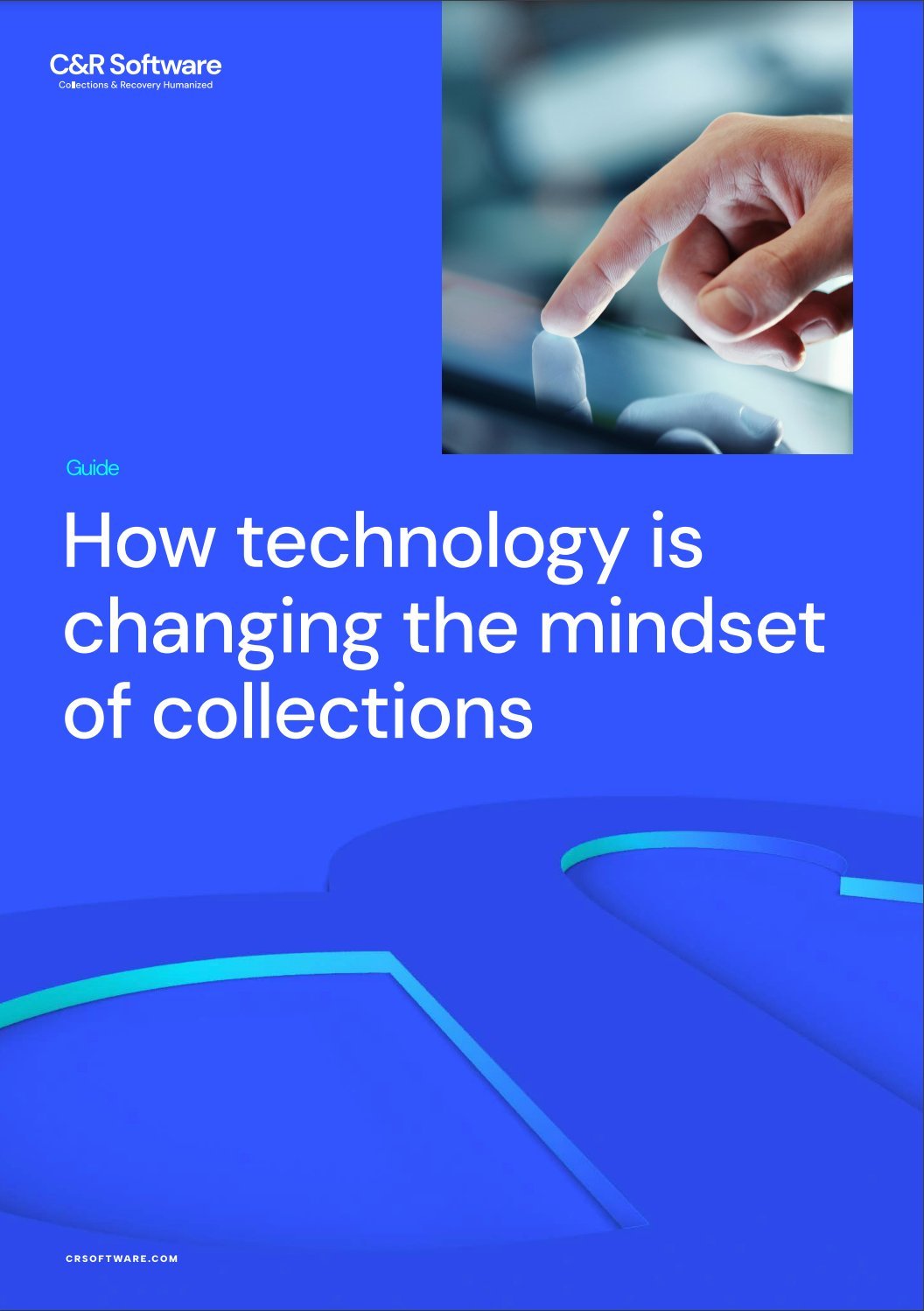Last year, the Consumer Financial Protection Bureau (CFPB) hired an additional 75 full-time compliance auditors.
Eric Halperin, the CFPB’s Enforcement Director, highlighted the unforeseen risks of regulatory breaches when using legacy systems in consumer finance.
As a result, the CFPB increased and is concentrating resources to seek meaningful injunctive relief. This is in addition to redress and penalties, and being prepared to litigate if necessary.
Mr. Halperin stated, "while I am proud of what we’ve accomplished, I want to emphasize: we have much more to do."
For you, this means the likelihood of a strict CFPB audit on your collections journey has increased dramatically, and by 50% to be exact. Now, more than ever, you need to ensure compliance at every step of your operations or will likely face serious enforcement action.
What the new CFPB hires are looking for
The CFPB upholds a long list of financial orders, standards and regulations:
- Alternative Mortgage Transaction Parity Act of 1982 (12 U.S.C. 3801 et seq.);
- Consumer Financial Protection Act (Title X of the Dodd-Frank Wall Street Reform and Consumer Protection Act) (12 U.S.C. 5481 et seq.)
- Consumer Leasing Act of 1976 (15 U.S.C. 1667 et seq.)
- Electronic Fund Transfer Act (15 U.S.C. 1693 et seq.), except with respect to Section 920 of that Act
- Equal Credit Opportunity Act (15 U.S.C. 1691 et seq.)
- Fair Credit Billing Act (15 U.S.C. 1666 et seq.)
- Fair Credit Reporting Act (15 U.S.C. 1681et seq.), except with respect to Sections 615(e) and 628 of that Act
- Fair Debt Collection Practices Act (15 U.S.C. 1692 et seq.)
- Specified Rules under the Federal Trade Commission Act
- Federal Deposit Insurance Act, Section 43 (12 U.S.C. 1831t(b)–(f))
- Gramm-Leach-Bliley Act of 2009, Sections 502 through 509 [Privacy of Consumer Financial Information] (15 U.S.C. 6802–6809) except for Section 505 as it applies to Section 501(b)
- Home Mortgage Disclosure Act of 1975 (12 U.S.C. 2801 et seq.)
- Homeowners Protection Act of 1998 (12 U.S.C. 4901 et seq.)
- Home Ownership and Equity Protection Act of 1994 (15 U.S.C. 1601 note)
- Interstate Land Sales Full Disclosure Act (15 U.S.C. 1701)
- Military Lending Act (10 U.S.C. 1987)
- Omnibus Appropriations Act of 2009, Section 626 (12 U.S.C. 5538)
- Real Estate Settlement Procedures Act of 1974 (12 U.S.C. 2601 et seq.)
- S.A.F.E. Mortgage Licensing Act of 2008 (12 U.S.C. 5101 et seq.)
- Truth in Lending Act (15 U.S.C. 1601 et seq.)
- Truth in Savings Act (12 U.S.C. 4301 et seq.)
In the case of the FDCPA, the CFPB pays close attention to communications with your customers. Regulation F is a key section of the FDCPA that introduced the 7-in-7 rule; it outlines that you can only make 7 calls in the space of 7 days to protect customers from unwanted communications. As a result, you need to pay careful attention to the frequency and channels of communication with your customers.
Another regulation that can lead to a potential audit is the Gramm-Leach-Bliley Act (GLBA). It sets out strict requirements around the management and disclosure of customer data. During an audit, the CFPB will carefully assess if you are securing sensitive customer data with dedicated information-sharing practices. This highlights the importance of secure and organized data management for the sake of your customers as well as compliance.
How to confidently remain complaint through an audit
Configurable platforms are a universal solution to compliance and customer experience in light of an audit from the CFPB. They can integrate with a number of systems that simplify compliance, no matter the industry or region you operate in.
- Omnichannel support - Implementing omnichannel systems ensures compliance with communication based regulations such as Regulation F of the FDCPA. Configurable platforms make it easier to not only integrate these channels, but automatically manage them to contact the right customers.
- Centralized and high-quality data - Configurable platforms operate via a centralized data system that records customer information in real-time. With the integration of configurable data-flows, you can achieve the secure management of customer data along with built in rules, limits and contact timelines to ensure compliance.
Gain peace of mind with C&R Software
With the CFPB growing their operations, it’s more important than ever to ensure your collections experience is compliant end-to-end. Adopting a configurable platform can provide you with the peace of mind that your customer experience is compliant and efficient.
C&R Software’s industry leading Debt Manager collection software incorporates automatic compliance checks at each step of collections. No matter your industry or region, you can ensure your collections journey is compliant, while providing your customers with a high-level of service to enhance collections performance.
To learn more about Debt Manager and the configurability it offers to meet ongoing regulatory requirements, contact a member of our team today.
.jpg)
.jpg)



-Jan-20-2026-02-48-49-6447-PM.png?width=352&name=operationalize%20AI%20(15)-Jan-20-2026-02-48-49-6447-PM.png)

-Jan-28-2026-02-16-48-0429-PM.png?width=352&name=operationalize%20AI%20(14)-Jan-28-2026-02-16-48-0429-PM.png)